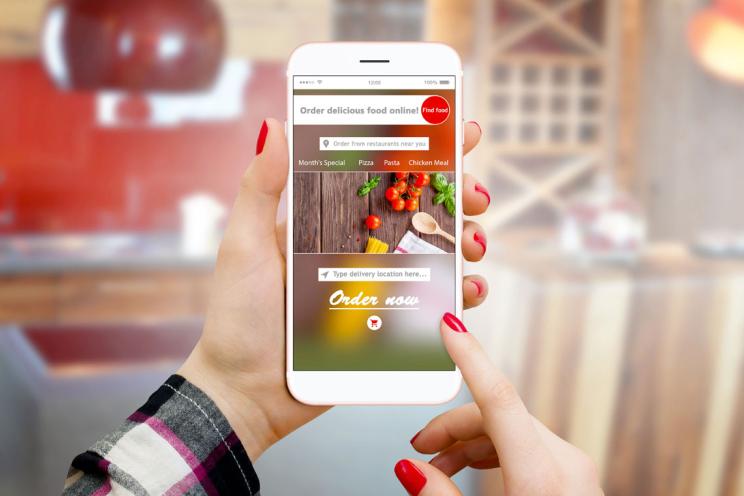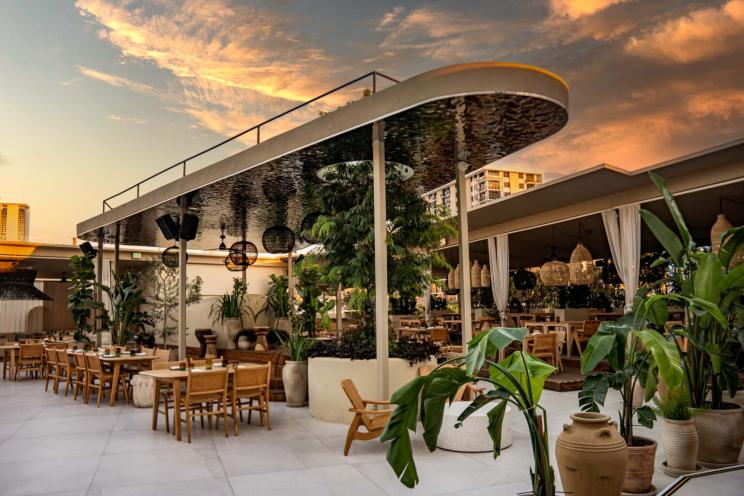
Mastering Cash Flow Management for Restaurants for your Success
Running a successful restaurant requires a lot of patience, hard work, and strategic planning. It also demands effective cash flow management. Cash flow is the lifeblood of any business, and for restaurants, it's particularly crucial due to the industry's tight margins and unpredictable revenue streams. Here's a comprehensive guide to mastering cash flow management for restaurants.
Understanding Cash Flow
Cash flow refers to the net amount transferred into and out of your restaurant. It comprises two components: cash inflow and cash outflow. Cash inflows include revenue from food and beverage sales, as well as financing sources like loans. Positive cash flow means more money is coming in than going out, while negative cash flow indicates the opposite.
Cash outflows encompass operating expenses such as rent, wages, utilities, and purchases of assets for the restaurant.
Cash flow management is a critical aspect of running a successful restaurant. Understanding cash flow involves creating detailed statements, projecting income and expenses, reducing costs, and seeking professional advice when needed. By mastering cash flow management, restaurants can thrive in a competitive industry.
How to Calculate Cash Flow?
To calculate your restaurant's cash flow, add all cash inflows and subtract total cash outflows. This simple formula gives you a clear picture of your restaurant's financial health.
What is a Cash Flow Projection?
Cash flow projections provide insight into your restaurant's future financial position. By forecasting income and expenses, you can better prepare for fluctuations and make informed decisions. Consider applying for a Loan to bridge gaps during slow periods and ensure steady cash flow.
Key Components of Restaurant Cash Flow Management
Sales Forecasting
Accurate sales forecasting is the foundation of effective cash flow management. Analyze historical data, seasonality, market trends, and external factors (like holidays or events) to estimate future sales. Invest in reliable point-of-sale (POS) systems to track sales in real time and adjust forecasts accordingly.
Expense Management
Monitor and control expenses rigorously. Identify fixed costs (e.g., rent, utilities) and variable costs (e.g., food and beverage inventory, labor). Implement cost-saving measures such as bulk purchasing, energy-efficient equipment, and staff training to optimize expenses without compromising quality.
Inventory Management
Efficient inventory management is essential for controlling costs and minimizing waste. Keep track of inventory levels, track usage patterns, and implement inventory control systems to prevent overstocking or understocking. Utilize technology solutions like inventory management software to streamline the process.
Accounts Receivable and Payable
Stay on top of accounts receivable (money owed to your restaurant) and accounts payable (money your restaurant owes to suppliers and vendors). Set clear customer payment terms and negotiate favorable terms with suppliers to manage cash flow effectively.
Cash Flow Forecasting
Develop cash flow forecasts to anticipate cash shortages or surpluses. Regularly review cash flow statements to identify trends, anticipate fluctuations, and make informed decisions. Maintain a cash reserve for emergencies and unexpected expenses.
Debt Management
If your restaurant has debt, manage it strategically to avoid cash flow strain. Prioritize high-interest debt repayment, negotiate lower interest rates or extended payment terms, and consider refinancing options if feasible. Minimize new debt unless it's necessary for growth or investment.
Capital Expenditure Planning
Plan capital expenditures (e.g., equipment upgrades, and renovations) carefully to avoid disrupting cash flow. Evaluate the return on investment (ROI) for each expenditure and prioritize projects based on their impact on revenue, efficiency, and customer experience.
Tools and Technologies for Cash Flow Management
Accounting Software
Use accounting software integrated into the POS software like BIM CALC to track income and expenses, generate financial reports, and streamline bookkeeping tasks.
POS Systems
Invest in POS systems with robust reporting capabilities to track sales, analyze trends, and manage inventory efficiently.
Inventory Management Software
Implement inventory management software (e.g., BIM POS) to optimize inventory levels, prevent stockouts, and minimize waste.
Cash Flow Forecasting Tools
Utilize cash flow forecasting tools to create accurate cash flow projections, monitor cash flow in real time, and identify potential cash flow issues.
Online Payment Solutions
Offer online payment options (e.g., mobile payments, online ordering) to accelerate cash flow and improve convenience for customers.
How to Manage Cash Flow for a Restaurant
1. Get Visibility of Cash Movement: Create a detailed cash flow statement to track cash inflows and outflows accurately. Access to reliable data is essential for informed decision-making.
2. Create Cash Flow Projections: Use accurate data to forecast income and expenses over time. This helps you anticipate and prepare for unexpected expenditures.
3. Streamline Expenses: Reduce overhead costs by negotiating with vendors and optimizing your menu. Utilize POS systems to gather real-time sales data and integrate it into your cash flow projections.
4. Understand Profit and Loss (P&L) Statements: Analyze revenue and expenses to identify trends and areas for improvement. Calculating a P&L statement provides valuable insights into your restaurant's financial performance.
5. Control Inventory Costs: Efficient inventory management prevents overstocking and reduces food waste. Analyze menu offerings to optimize purchasing and maximize profitability.
6. Manage a Restaurant Balance Sheet: Maintain a balance sheet to assess your restaurant's financial health and forecast cash flow. This comprehensive statement lists assets, liabilities, and equity at a given point in time.
7. Seek Professional Advice: Consult with financial advisors or accountants specializing in the restaurant industry for expert guidance tailored to your specific needs.
By implementing these cash flow management strategies, you can ensure the financial stability and success of your restaurant. Effective cash flow management is essential for navigating the challenges of the restaurant industry and achieving long-term growth.
Effective cash flow management is essential for the long-term success and sustainability of restaurants. By understanding the key components of cash flow management and leveraging tools and technologies, restaurant owners can maintain healthy cash flow, mitigate financial risks, and position their businesses for growth and profitability.
Remember, cash flow management is not a one-time task but an ongoing process that requires diligence, adaptability, and strategic planning.





